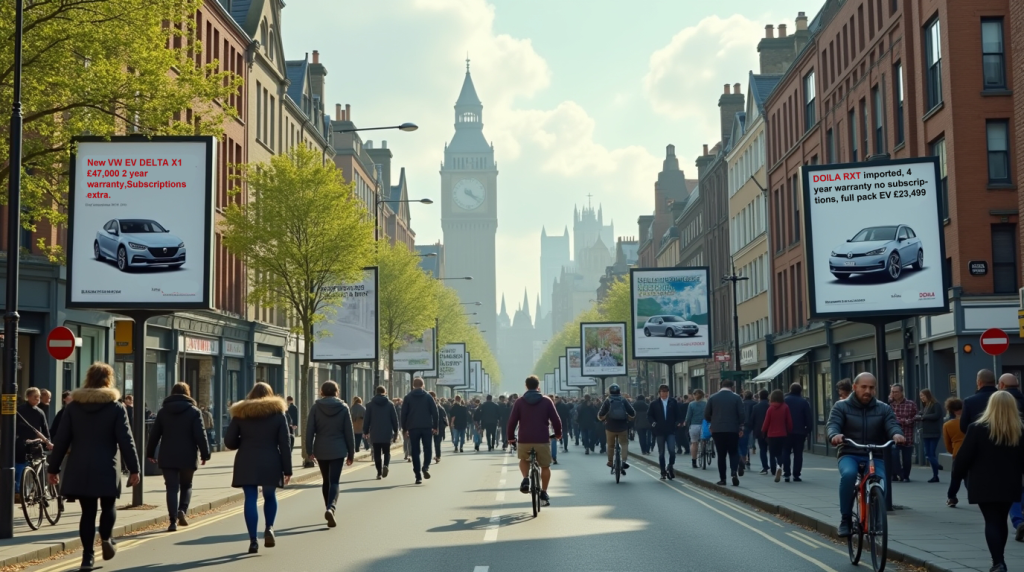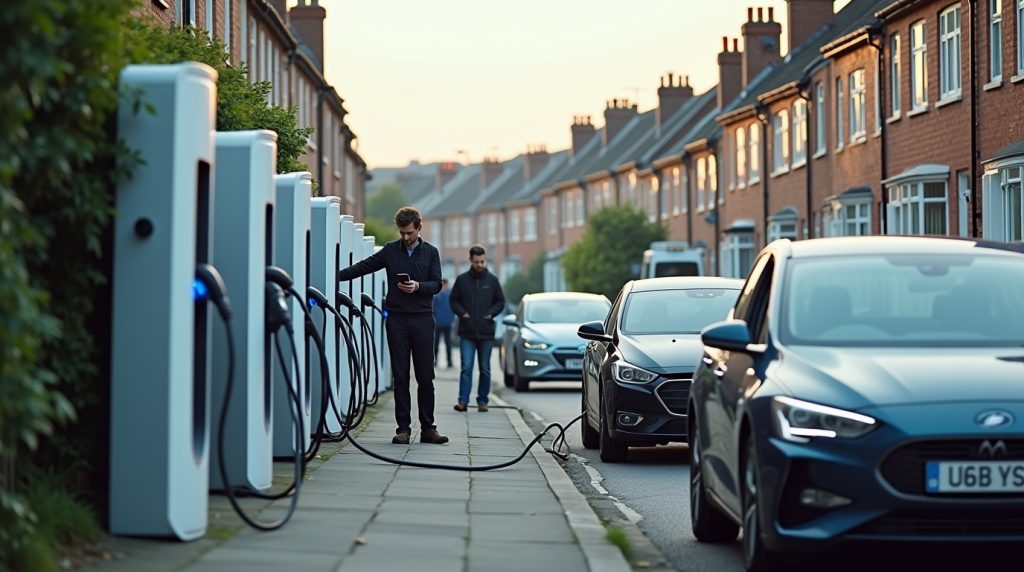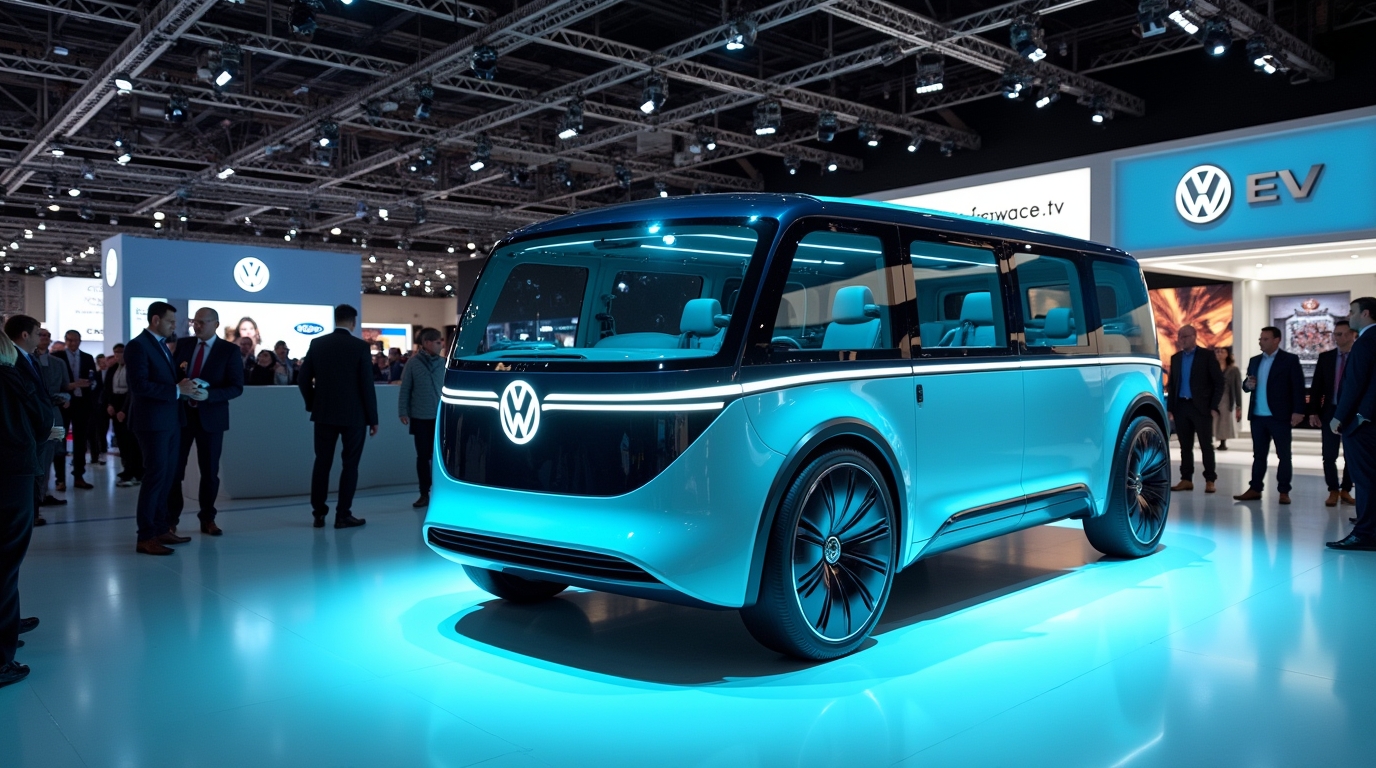UK Government’s 2030 EV Plan:
A Marathon Towards Green Motoring
In a bold stride towards environmental consciousness, the UK government has reaffirmed its commitment to ban the sale of new petrol and diesel cars by 2030, urging citizens to embrace electric vehicles (EVs) and, inadvertently, their own two feet.
Pedestrian Populace Boom
As the deadline approaches, a significant portion of the population, daunted by the average EV price tag of £44,000, is expected to forgo car ownership altogether. This financial reality is poised to transform the UK into a nation of walkers and cyclists, harking back to simpler times when horsepower involved actual horses.

Charging Stations: The New Corner Pubs
The transition to EVs necessitates a dramatic increase in charging infrastructure. Currently, the UK boasts approximately 8,000 petrol stations. To meet EV demand, estimates suggest a need for at least 25,000 public charging points by 2030.
gov.uk Soon, charging stations may outnumber traditional pubs, offering locals a new spot to gather—albeit without the ale.
Terraced Housing: The Charging Challenge
Approximately 23% of UK households reside in terraced houses,
ons.gov.uk many lacking private driveways. This architectural quirk presents a conundrum: where to charge the new EV? The government’s solution includes on-street charging initiatives, envisioning a future where extension cords snake across pavements like festive bunting.

Economic Implications: Jobs and Imports
The push for EV adoption has rattled the automotive industry. Jaguar Land Rover has expressed concerns that stringent EV sales targets could deter investment in the UK, citing insufficient consumer demand and financial strains.
thetimes.co.uk Additionally, the influx of affordable EV imports threatens domestic manufacturing jobs, as foreign models undercut local offerings.
Health Benefits: The Silver Lining
On the bright side, the anticipated increase in walking and cycling could lead to a healthier populace. With fewer cars on the road, air quality may improve, and waistlines may shrink. The NHS might even see a decline in lifestyle-related ailments, offsetting some economic woes with a fitter, albeit careless, citizenry.
Conclusion: A Road Paved with Good Intentions
The UK’s ambitious 2030 plan aims to usher in a greener future. However, the journey is fraught with challenges, from infrastructural hurdles to economic ramifications. As the nation laces up its walking shoes, it remains to be seen whether this path leads to environmental enlightenment or simply sore feet.
Below is an audio podcast, discussing the UK’s EV issue.
The UK government plans to ban the sale of new petrol and diesel cars by 2030, encouraging a shift to electric vehicles (EVs). This transition poses infrastructure challenges, requiring a significant increase in public charging stations, especially for residents in terraced housing without private driveways. Economically, the plan faces concerns from automotive manufacturers about investment and potential job losses due to competition from cheaper imported EVs. The shift could also lead to increased walking and cycling, with positive impacts on public health. The overall success hinges on overcoming infrastructural and financial obstacles while balancing environmental goals with economic realities.


Leave a Reply
You must be logged in to post a comment.